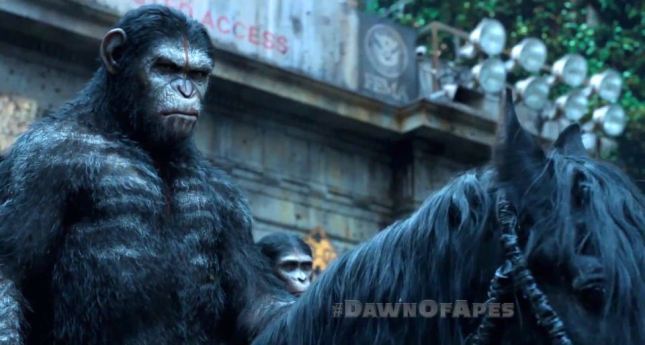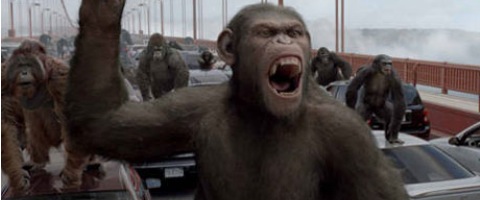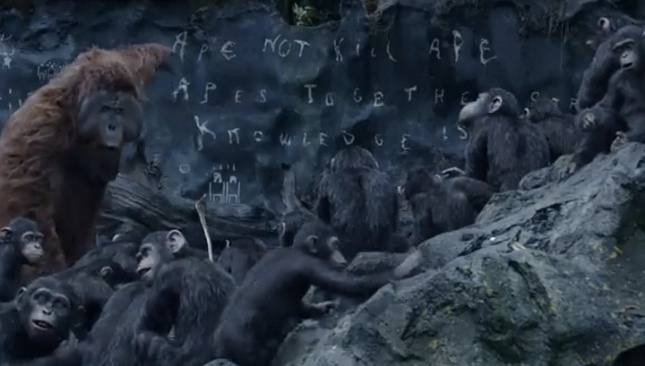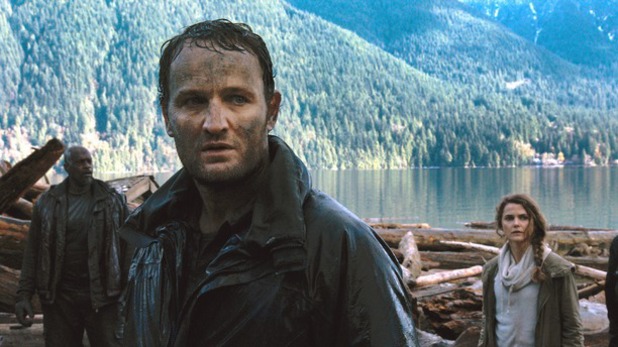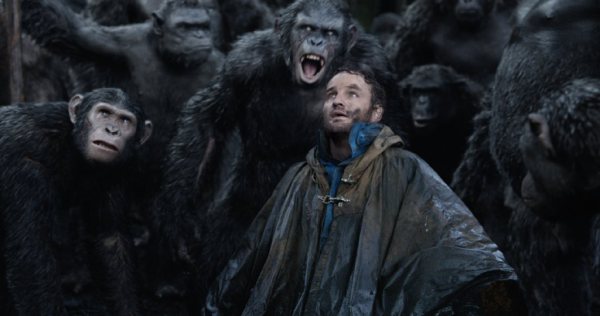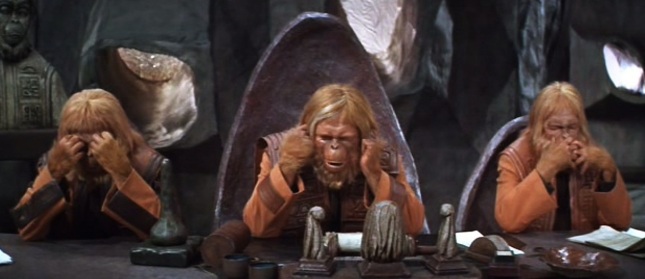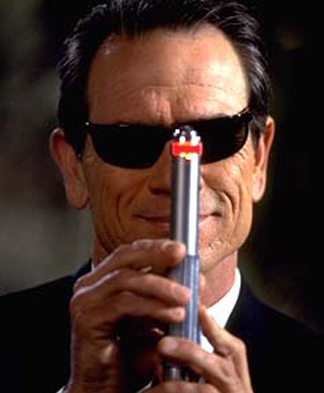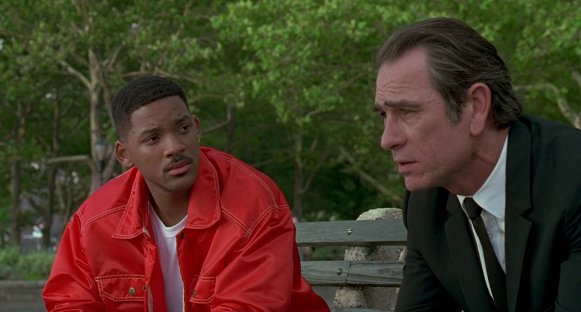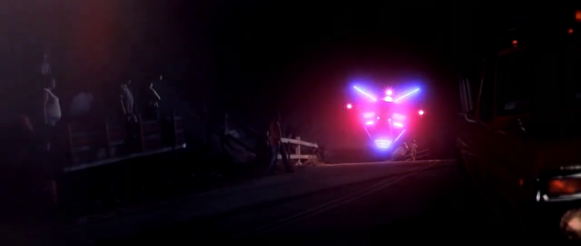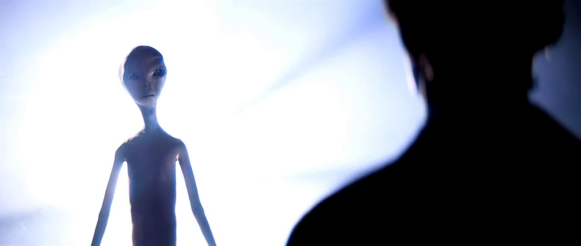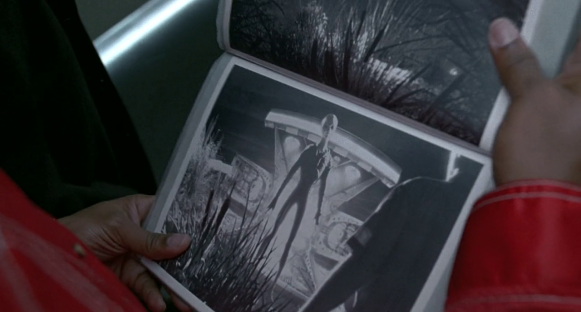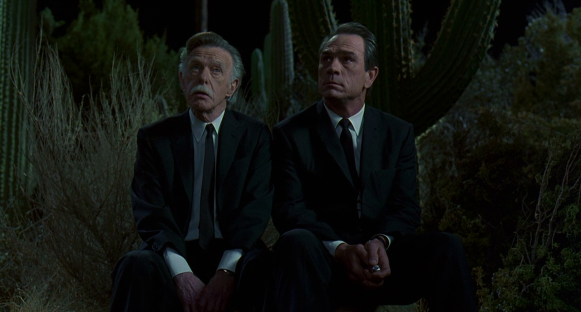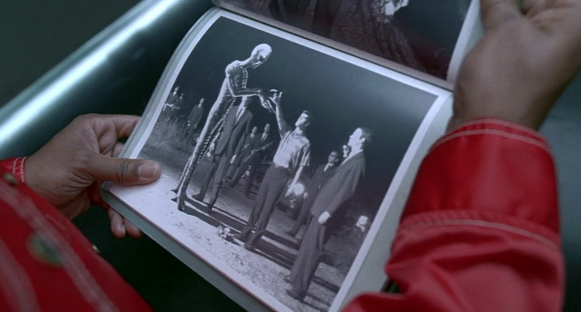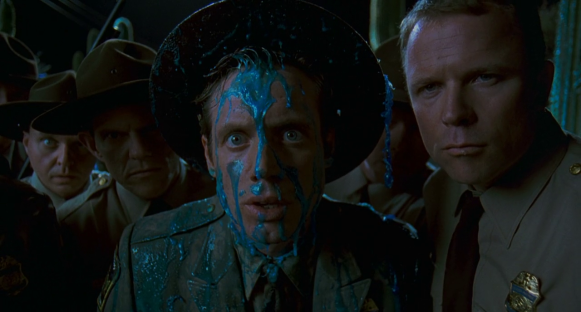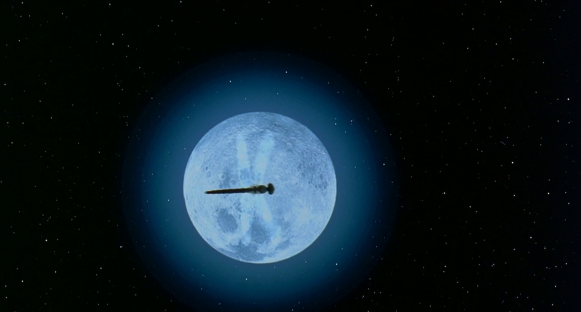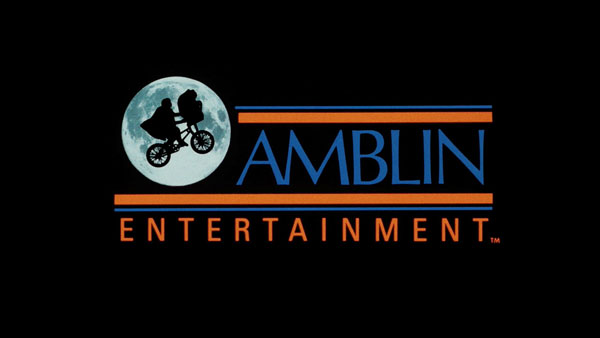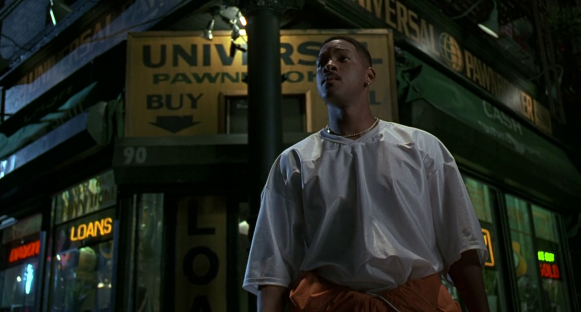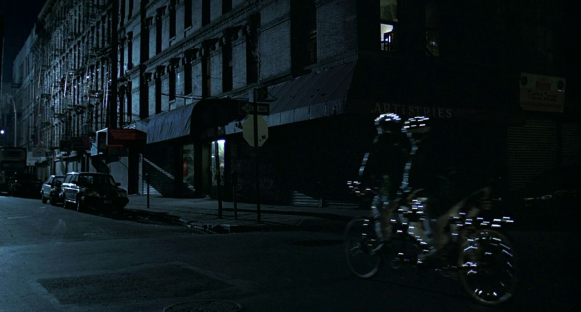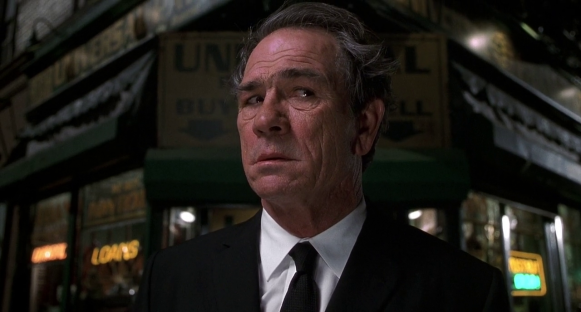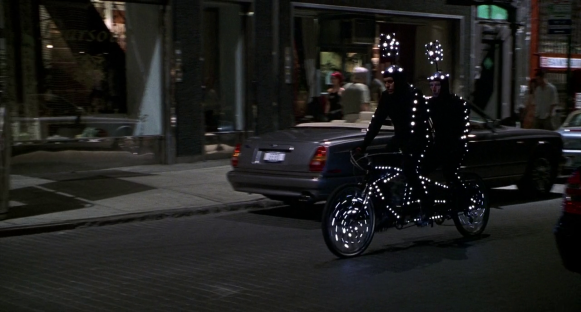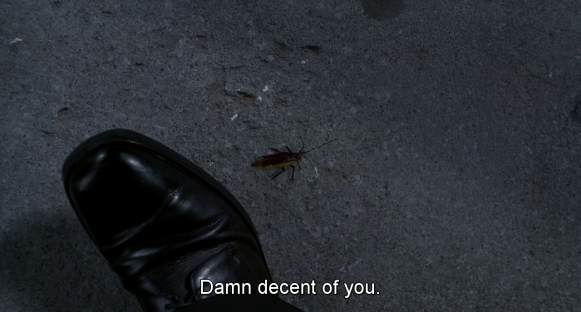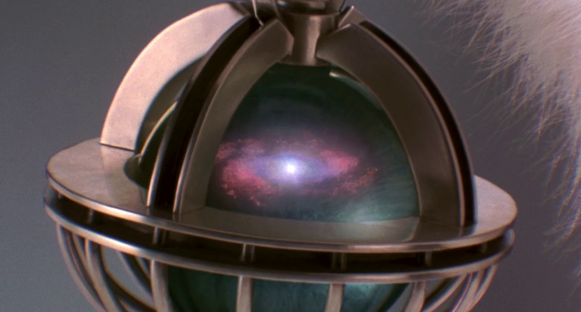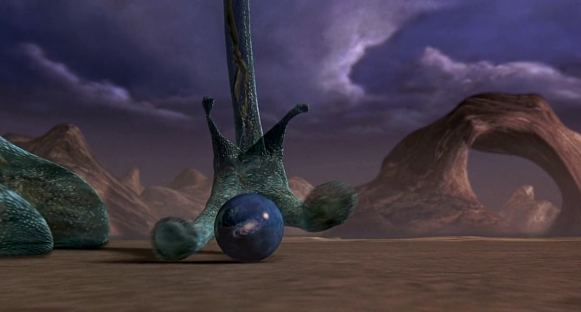How god-awful is the name of this film? Dawn of the Planet of the Apes sounds like a bored screenwriter’s attempt to sell a shitty prequel. I get that people have to recognize the film as part of the franchise, but come on. As if ANOTHER film with an ape protagonist didn’t have enough obstacles. Thankfully, the film’s less than stellar title is barely a factor when compared to its astronomical quality.
A sequel to Rise of the Planet of the Apes (2011), Dawn continues the reimagined origin of the classic Planet of the Apes series. Instead of a modern man placed in an ape-dominated future, this series focuses on the evolution of the apes who will eventually overthrow humanity.
The first film introduced our hero Caesar (played by Andy Serkis), a genetically modified chimpanzee raised by humans who breaks himself and his fellow apes free from oppression by modifying them as well. The second film focuses on Caesar and some humans’ attempts to create peace between the races.
As with the first film, one of the strongest aspects of Dawn is it’s commitment to making the apes true characters. Most films dealing with CG characters tend to rely on the human actors as a way for the audience to relate ( Transformers, Godzilla, etc). Dawn avoids that by establishing the culture of the apes and their individuality. They have just enough cultural elements to be relatable (military tactics, complex housing, horsemanship) without just being humans who look like monkeys. The film also expands on the previous film’s characters of Koba (Tony Kebbell) – a chimp embittered by a life of lab tests – and Cornelia (Judy Greer) – Caesar’s wife and mother of his children. This allows for us to truly buy into the super-apes as a group we care about.
Ironically the apes might be more relatable than the actual humans in the film. Our side is primarily represented by Jason Clarke (The Great Gatsby, Zero Dark Thirty), Keri Russell (Felicity, Mission Impossible 3), and Gary Oldman (The Dark Knight, The Fifth Element). The first two seek the helps of the apes to regain electrical power to their city whereas the last one wants to blow their heads off. The virus that brought them to such desperation is given oddly little focus: the first film only shows one victim of the flu and the rest of the epidemic is summed up in the now cliched “opening news montage”. Given the prevalence of post-apocalyptic films, it’s possible the filmmakers just decided to spare us the usual story, which undercuts much of whats supposed to make the humans sympathetic. It’s hard to really empathize with the usual “my son/wife/dog died” story when we actually SEE the hell apes go through in the first film. We do see some of the aftermath of the flu with scenes such as Gary Oldman breaking down when he sees his dead family’s pictures for the first time in years. This shows just how dire humanity’s predicament is and why he feels so eager to kill some apes. In a similar vein, Jason Clarke’s family is focused on as a parallel to Caesar’s growing family. Both of them have to worry not only about their communities, but their children. Despite this, the human family have little impact in the overall story; there’s a subplot due to them being a recently forged stepfamily, but it goes nowhere.. Overall, the flu epidemic never goes beyond being a plot device to explain why the humans died out and why the apes are considered to be threats to man. To be fair, the same was true in the original film as well.
Despite the shoehorned flu plot from the previous film, Dawn portrays the conflict between humanity and ape-ity with sincere tragedy. The original Planet of The Apes (1968) emphasized the recursiveness of world culture: oppressed apes gained power as the humans lost theirs. Rather than creating a new society, the apes developed all of humanity’s social ills: dogmatism, racism, and worst of all, slavery. Likewise, Dawn shows the apes as being just as capable of evil as man. The threat against the ape society comes from outside and inside as their own member begin to turn against each other. Despite the trailer’s emphasis on Gary Oldman, much of the Ape Vs. Man war arises due to several parties on both sides. Ignorance of the flu epidemic leads man to think apes are a literal virus, and apes anger towards humans makes them overly aggressive. One side overreacts to a slight, the other side misinterprets an action, all hell breaks loose.
And when hell breaks loose, it is pretty awesome. As with the first film, seeing how the filmmakers interpret how smart apes would fight is awesome. Once again, rather than just moving like humans, the apes fight like apes who realized how badass being an ape is. Just imagine a bunch of hairy Spider-Men. With spears! And horses! One scene that straddled the line between awesome and cheesy is one of the apes riding a horse while dual wielding assault rifles. All that needed was a quip like…
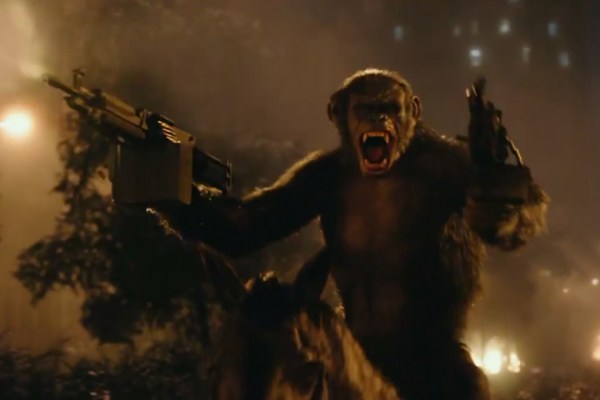
Monkey see, monkey KILL!!! / Just call me Furious George, motherfucker!!! / Now that’s what I call GORILLA warfare, bitch!!!
Speaking of quips, this film did not have nearly enough primate jokes. The original film managed to sneak in gems such as this visual pun with the ape elders.
I know the film is supposed to be more serious, but i would’ve loved to see just ONE ape attempt to fight off some gunmen with a banana. Alas…
Final Verdict
Dawn of the Planet of the Apes is definitely one of the best films of the year. It accomplishes most narrative and visual goals it attempts and entertained me the entire time. See the film if you want to see the summer blockbuster that others weren’t (*cough*Transformers*cough*). Don’t see it if you have a crippling fear of primates. Which would probably mean you’d have to avoid all movies since humans are primates. Take that, creationists.
To be honest; I still like The Simpsons‘ Planet of the Apes reboot better…
